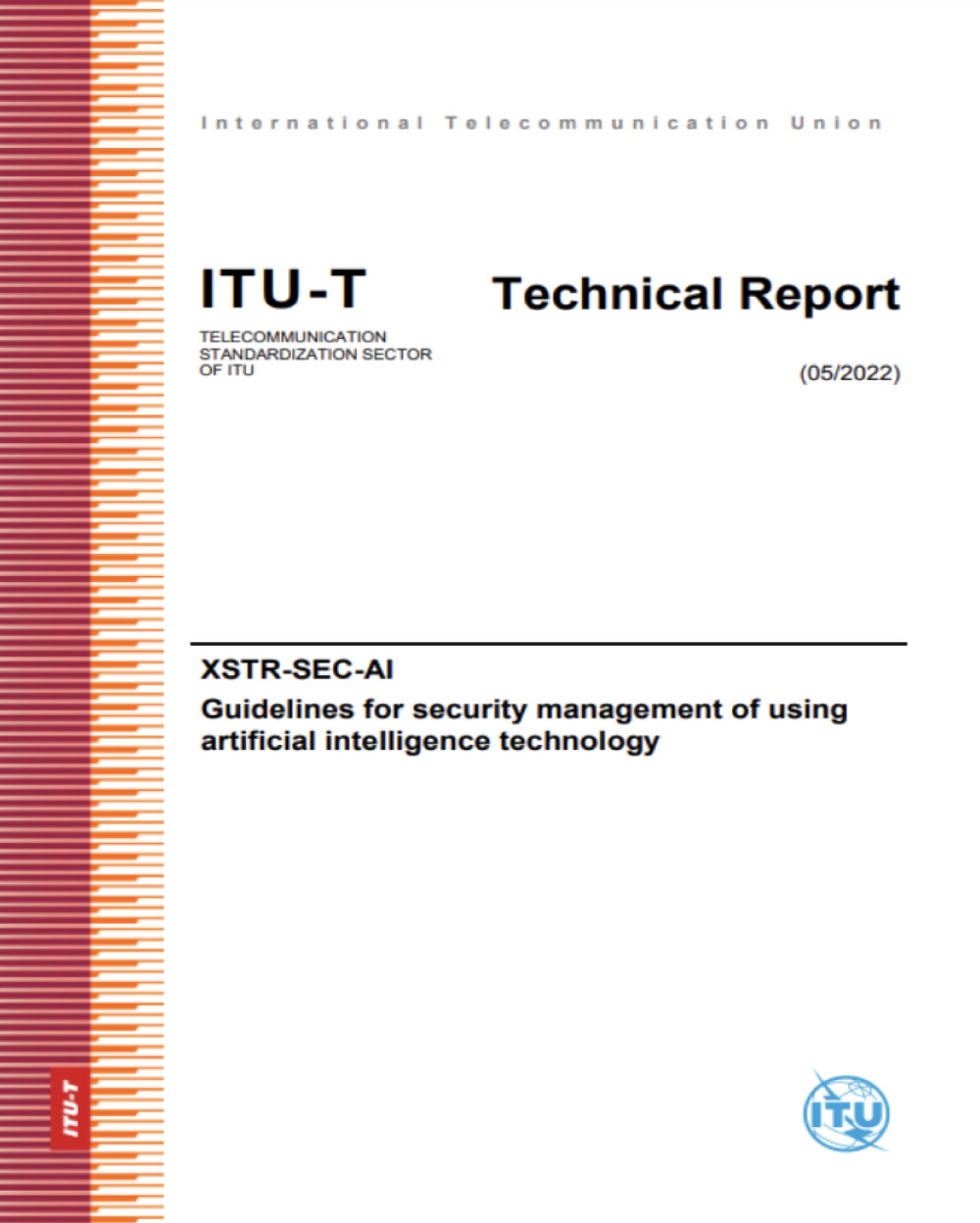

Target attacks for inbound and outbound emails are evolving into more sophisticated and unknown types, such as using unknown malicious files or exploiting the target’s social relationships. Therefore, solutions that reflect the proposed security feature requirements are needed to effectively prevent or block them.
This is a credible standard that public institutions and businesses worldwide should collectively reference in order to counter advanced email attacks.

With respect to their central government bodies:
2.4 Where technical regulations are required and relevant international standards exist or their completion is imminent, Members shall use them, or the relevant parts of them, as a basis for their technical regulations except when such international standards or relevant parts would be an ineffective or inappropriate means for the fulfilment of the legitimate objectives pursued, for instance because of fundamental climatic or geographical factors or fundamental technological problems.
2.7 Members shall give positive consideration to accepting as equivalent technical regulations of other Members, even if these regulations differ from their own, provided they are satisfied that these regulations adequately fulfil the objectives of their own regulations.

Learn more about standards-based email security for targeted email attacks 

Learn more about the structure of targeted email attacks 
